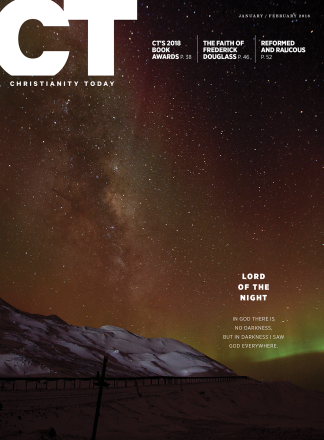Flawed Perfection: What It Means to Be Human and Why It Matters for Culture, Politics, and Law
Jeffrey A. Brauch (Lexham Press)
Political debates often turn on technical matters. Think tanks offer dueling policy papers, wonks crunch the numbers, and legislators negotiate over the proper mix of carrots and sticks. But these debates often ignore deeper matters of who we are—and what we ought to be—as human beings. In Flawed Perfection, Jeffrey Brauch, professor of law and former dean at Regent University School of Law, brings a Christian understanding of human nature to bear on the issues that most confound us. “Getting human nature right will help us understand, prevent, and respond to human-rights abuses like human trafficking and genocide,” he writes. “It also helps us address the seemingly intractable divide over the proper role of government.”
On Pills and Needles: The Relentless Fight to Save My Son from Opioid Addiction
Rick Van Warner (Baker)
“We found him curled up in a fetal position on the concrete floor of an abandoned military hospital, alone except for the broken glass, empty medicine bottles, and lurid graffiti covering the walls. . . . Through the drug-induced haze of his fourth escape from reality in as many days, he lay motionless, not even recognizing the sound of his older brother’s voice.” So begins On Pills and Needles, Rick Van Warner’s memoir of caring for a son in the grips of a severe addiction to prescription painkillers. Written in the context of America’s ongoing opioid crisis, the book offers hope, encouragement, and practical advice to parents walking the same road.
The Bible in a Disenchanted Age: The Enduring Possibility of Christian Faith
R. W. L. Moberly (Baker Academic)
Moberly, a professor of theology and biblical interpretation at Durham University in England, has written this book to defend the Bible “as a vehicle of faith in God today in a disenchanted world—that is, a world in which faith and God seem ever less comprehensible to an increasing proportion of the population, whose deepest intuitions and hopes . . . are oriented elsewhere.” In such a climate, he argues, believers should downplay “evidentialist” arguments rooted in historical reliability and instead recommend “taking a journey of biblical exploration in the company of people both past and present whom one has good reason to trust.”










